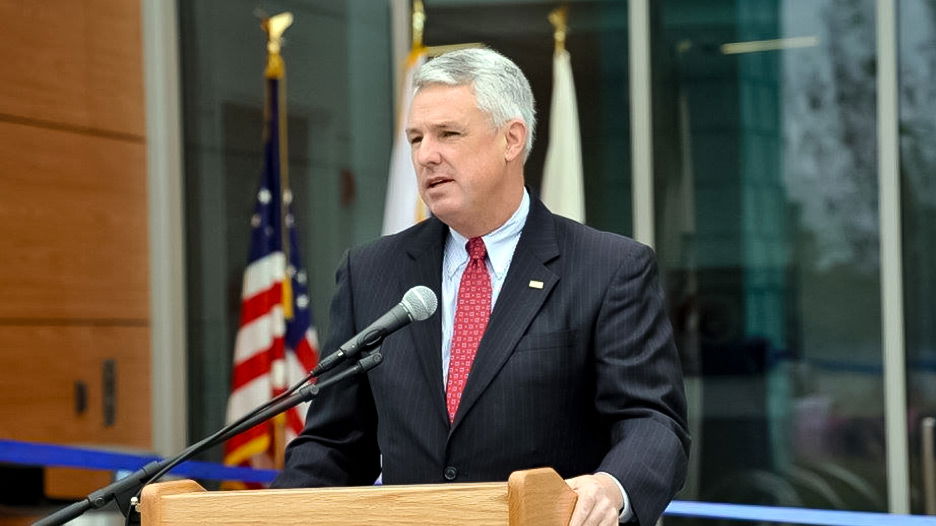Ohio lawmaker says agreement on sports betting has been reached; bill could pass this month

Ohio lawmakers might have reached a possible agreement on sports betting which would satisfy all parties involved. So far, the legalization of wagering on sporting events has proved to be a tricky issue throughout the past few years, resulting in this form of gambling not yet being permitted to bettors in the state.
However, this could now change. Rep. Bill Seitz (R-Cincinnati) said he and other lawmakers in the state have crafted a possible agreement, reports The Statehouse News Bureau. While Seitz wouldn’t go into details, he claimed the agreement makes sure every player in the gaming industry will have a piece of the pie in what is set to become a competitive market.
"It was always my objective to do what we could to encourage greater competition among the actual sportsbooks," Seitz said. He now hopes a bill to be passed this month, making sports betting ready to launch no later than January 1, 2023.
"We want to give the Casino Control Commission adequate time to do all of the vetting that they are charged with doing under this bill, and we also want to make sure that everyone starts at the same starting point,” he added. “We're not going to have some people get to market quicker than other people, that's not fair.”
The plan now must head to the top leaders of the House and Senate. Should the House Speaker and Senate President approve the plan, then Seitz claims it could come to a vote in a conference committee as early as next week, further says State News.
Whether the Casino Control Commission or the Ohio Lottery Commission should have oversight over sports betting has led to much debate among lawmakers in past years. While the Senate passed a bill earlier this year, granting casino regulators the authority to regulate the market, the House rejected that change. In 2020, it passed a bill giving said power to the Lottery.
Earlier this week, State Sen. Kirk Schuring, in an appearance on 1480 WHBC, said he continued meeting key members of the House on details of the much-anticipated sports betting bill. While he did not go into specific details on where the legislation stands now, he said members of both the Senate and House are not responsible for delaying the bill’s progress.
“It’s not the legislature that is impeding us getting this done. It’s the special interests who want to make sure their competitors don’t get an unfair, competitive edge,” the senator said. “We’re trying to make peace and harmony among the competitors.” These are likely the special interests Seitz now claims have been satisfied.
During his appearance at the program, Schuring reminded that the Senate passed sports gaming unanimously in June, and said he believed it would “pass overwhelmingly in the House.” Should HB 29 be approved by both bodies, it would have to be signed into law by Gov. Mike DeWine (R), a long proponent of sports betting who is likely to pass it.
















































